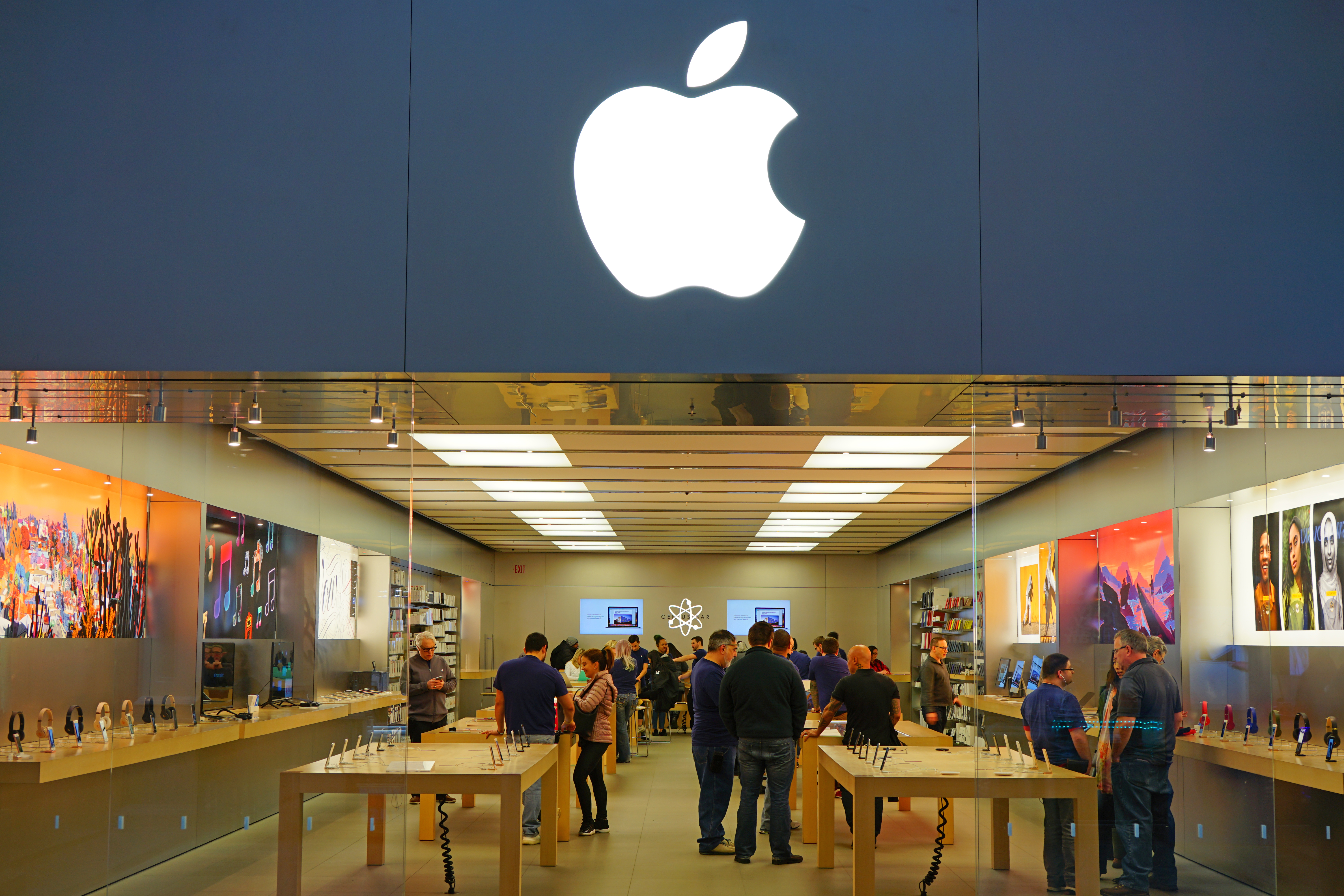PC vendors are struggling to meet demand amid COVID-19 pandemic
EMEA market saw a 3.1% decline in the first quarter of 2020, says IDC


The effects of the global COVID-19 pandemic is preventing vendors from efficiently addressing mobile PC demand in Europe, the Middle East and Africa, the latest research from IDC reveals.
According to the analyst firm, the overall traditional PC market in the EMEA region saw a year-on-year decline of 3.1% during Q1 2020, totalling 16.4 million units, as manufacturing and logistical supply chain constraints began to take hold. The commercial market still achieved a small growth of 0.7% year-on-year, the research firm found, but this was not enough to offset a heavy consumer decline of 8.5% year-on-year.
In Western Europe, the PC market contracted by 1.2% year-on-year, as 3% commercial growth was hindered by a hefty 8.9% drop in consumer decline.
There was also a stronger growth rate of 6.3% for desktops in the commercial sector during Q1, thanks to greater insulation from manufacturing supply chain problems, as well as demand from the last users upgrading from Windows 7.
Notebooks, however, saw lower growth of 0.9% due to a heavier reliance on factories in China, IDC said. With the sudden increase in people working and studying from home, demand for mobile devices spiked, leaving manufacturers unable to match demand.
"The logistical impacts of COVID-19 also continue to bottleneck the supply chain," said Liam Hall, senior research analyst at IDC Western Europe Personal Computing. "With passenger flights almost at a standstill, OEM's are having to substitute air freight shipments for sea, and where possible rail, increasing lead times and impacting their ability to address the big bookings that have risen as a consequence of the higher demand."
RELATED RESOURCE

Seven strategies to securely enable remote workers
Sustain business operations during a crisis by following these strategies
Despite factories in China restarting production, the supply chain has yet to return to normality, IDC added. During the period, consumers have largely prioritised portable devices such as notebooks and tablets for remote working – creating increased demand in countries that have imposed lockdown measures.
Get the ITPro daily newsletter
Sign up today and you will receive a free copy of our Future Focus 2025 report - the leading guidance on AI, cybersecurity and other IT challenges as per 700+ senior executives
In Central and Eastern Europe, this resulted in a PC market decline of 3.1% year-on-year, as well as desktop and notebook declines of 4.9% and 2.1%, respectively. Consumer demand dropped by 8.2% year-on-year, while the commercial segment saw strong growth of 4.2% thanks to some public and corporate tenders being fulfilled in the region, IDC explained.
"The MEA region, on the other hand, was unable to sustain any growth and contracted 10.8% YoY," said Nikolina Jurisic, product manager at IDC EMEA. "Markets across the region have been badly affected not just by constraints in the supply chain, but also by oil prices.
"The commercial segment was hit the most, with a market contraction of 13.7% YoY, while the consumer segment recorded a
decrease of 7.9% YoY."
Dan is a freelance writer and regular contributor to ChannelPro, covering the latest news stories across the IT, technology, and channel landscapes. Topics regularly cover cloud technologies, cyber security, software and operating system guides, and the latest mergers and acquisitions.
A journalism graduate from Leeds Beckett University, he combines a passion for the written word with a keen interest in the latest technology and its influence in an increasingly connected world.
He started writing for ChannelPro back in 2016, focusing on a mixture of news and technology guides, before becoming a regular contributor to ITPro. Elsewhere, he has previously written news and features across a range of other topics, including sport, music, and general news.
-
 Bigger salaries, more burnout: Is the CISO role in crisis?
Bigger salaries, more burnout: Is the CISO role in crisis?In-depth CISOs are more stressed than ever before – but why is this and what can be done?
By Kate O'Flaherty Published
-
 Cheap cyber crime kits can be bought on the dark web for less than $25
Cheap cyber crime kits can be bought on the dark web for less than $25News Research from NordVPN shows phishing kits are now widely available on the dark web and via messaging apps like Telegram, and are often selling for less than $25.
By Emma Woollacott Published
-
 Smart devices more than doubled in US homes amid COVID pandemic
Smart devices more than doubled in US homes amid COVID pandemicNews The average household has 25 connected devices, up from 11 in 2019, according to a Deloitte survey
By Mike Brassfield Published
-
 Acuant and Airside target pre-COVID normalcy with new identity verification solution
Acuant and Airside target pre-COVID normalcy with new identity verification solutionNews The privacy-first solution allows quick identification and easy access to COVID test results
By Praharsha Anand Published
-
 Is the future of touchscreens touchless?
Is the future of touchscreens touchless?In-depth Coronavirus has created a growing unease at the use of shared touchscreens – and for good reason. Advances in touchless technology could be the answer
By Lindsay James Published
-
 For the desperate, the cloud is there, but the hardware is not
For the desperate, the cloud is there, but the hardware is notOpinion The government needs to reinstate schemes to get laptops to low-income households
By Bobby Hellard Published
-
 Apple to keep US stores closed until May
Apple to keep US stores closed until MayNews Apple tells employees its US retail stores will remain closed due to the coronavirus pandemic
By Sarah Brennan Published